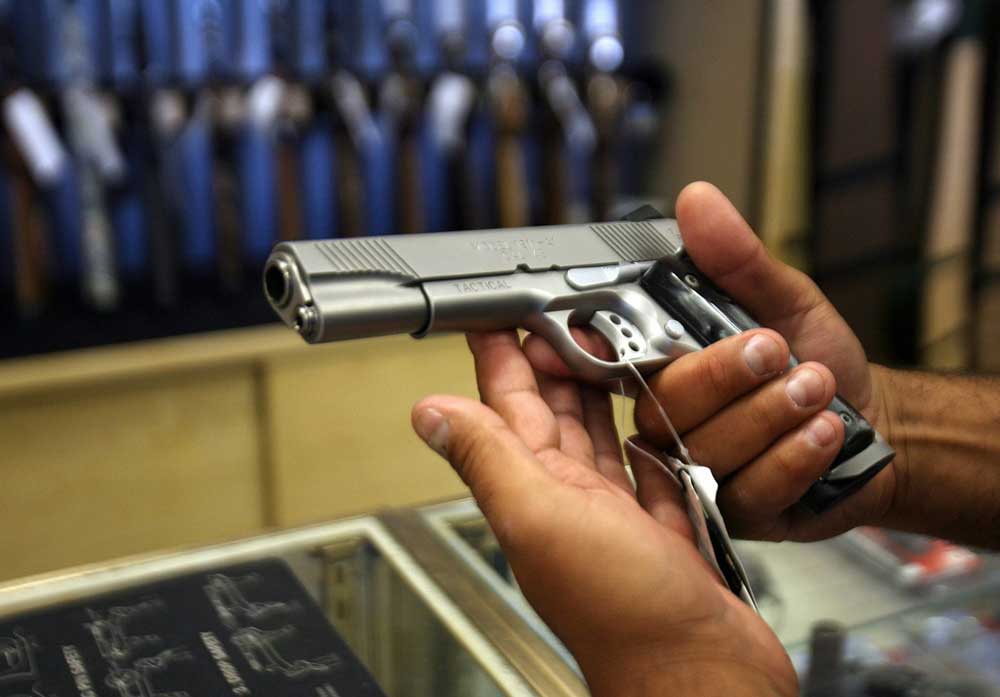7 State-Specific Gun Tax Variations That Could Affect Your Wallet
1. California Gun Violence Prevention Tax: Additional excise tax on firearms and ammunition sales to fund violence prevention programs.
2. Connecticut Ammunition Tax: State-level excise tax on ammunition purchases with proceeds supporting public safety initiatives.
3. Florida Gun Tax Holidays: Periodic sales tax exemptions on firearms, ammunition, and hunting supplies during designated periods.
4. New York SAFE Act Fees: Registration and licensing fees for certain firearm categories under state assault weapon regulations.
5. Texas Sales Tax Exemptions: Specific exemptions for law enforcement and military personnel on firearm purchases.
6. Illinois FOID Card Fees: Firearm Owner's Identification card fees and renewal costs required for legal ownership.
7. Washington State Initiative 1639: Enhanced background check fees and training requirements with associated costs.




